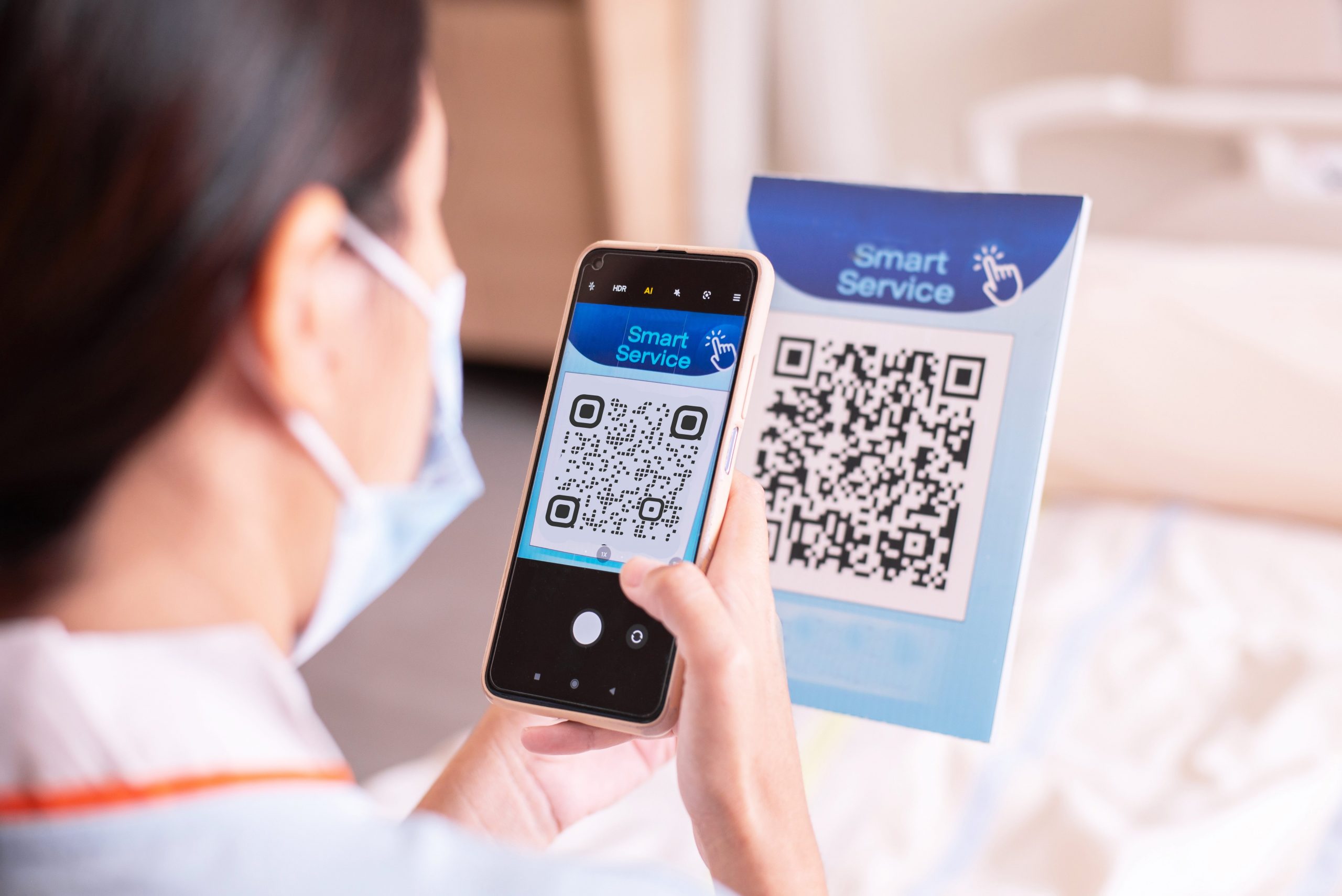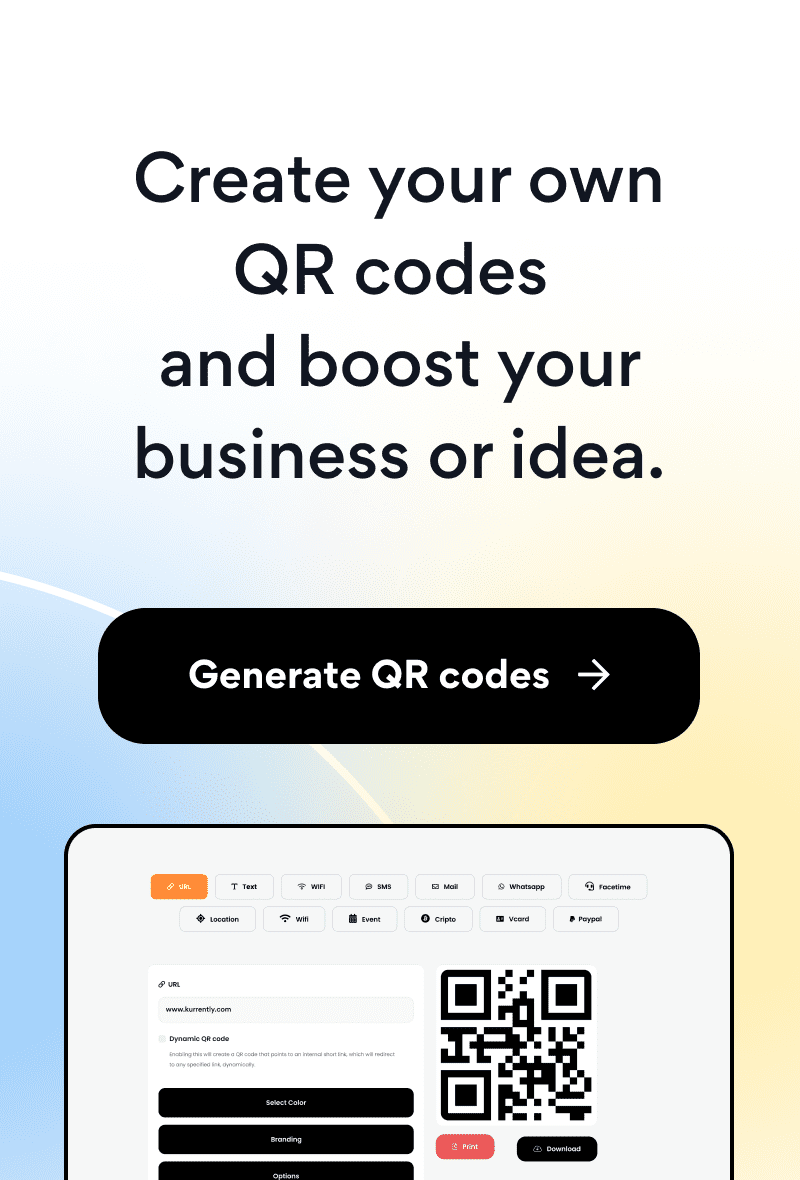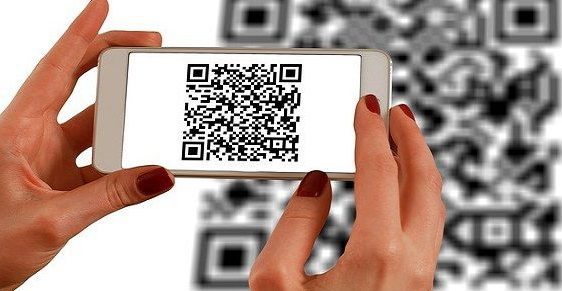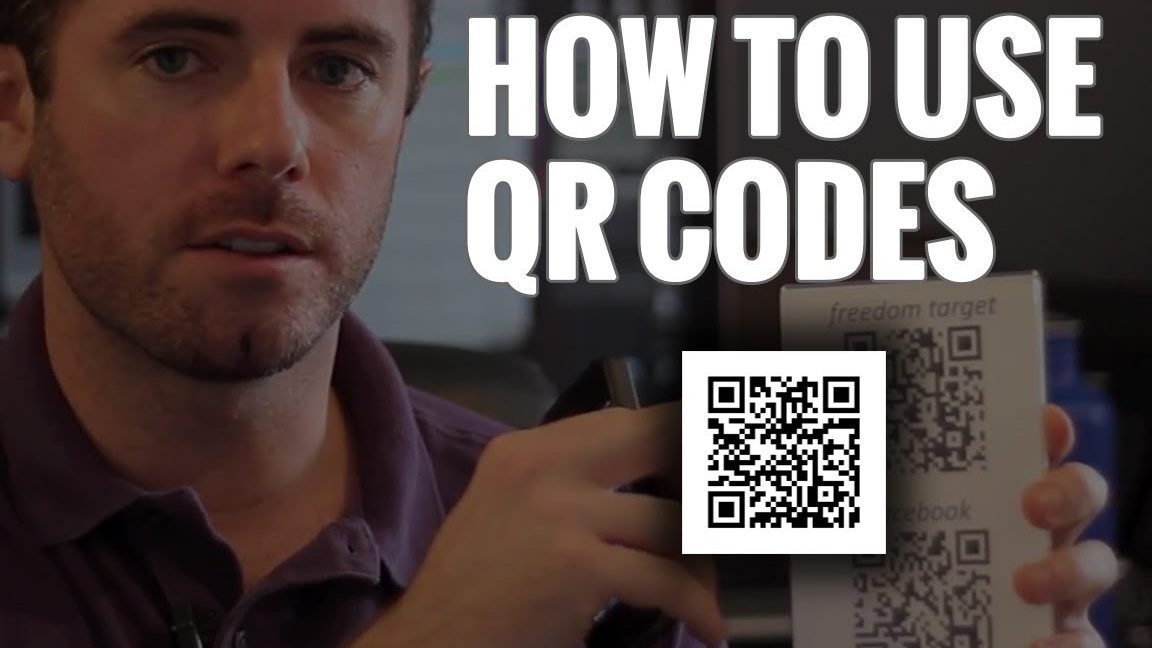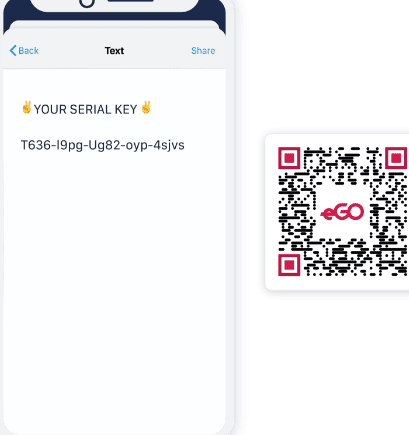QR codes are revolutionizing the healthcare industry by providing a quick and efficient way to manage patient information, medication, and communication with healthcare providers. Here are some ways QR codes are transforming patient care:
Overall, QR codes are a game-changer for the healthcare industry, ensuring a smoother and more effective patient experience, reducing errors, and increasing efficiency. As technology advances, we can’t wait to see how else QR codes will transform healthcare.
An Introduction to QR Codes in Healthcare
QR codes are becoming increasingly popular in healthcare settings due to their ability to provide quick access to important information. QR codes are two-dimensional barcodes that can be read by smartphones or tablets equipped with a camera and QR code reader software. This technology has the potential to revolutionize the way healthcare providers access patient data, medication information, and other critical health-related information. QR codes are also relatively easy to implement and cost-effective compared to other technologies, making them a popular choice for healthcare providers.
How QR Codes are Used in Healthcare
QR codes are used in a variety of ways in healthcare settings. Some common uses include:
- Providing patients with access to their medical records
- Allowing healthcare professionals to quickly access patient data
- Providing medication information and instructions
- Tracking inventory and equipment in hospitals and clinics
Some healthcare providers have even started using QR codes to provide patients with access to educational materials about their health conditions. This technology has the potential to improve patient engagement and promote better health outcomes.
Benefits of Implementing QR Codes in Healthcare
There are many benefits to using QR codes in healthcare settings. Some of the key benefits include:
- Improved efficiency: QR codes can quickly and easily provide access to important information, which can help healthcare professionals make faster and more informed decisions
- Better patient outcomes: QR codes can promote patient engagement and education, leading to better health outcomes
- Cost-effective: QR codes are relatively inexpensive to implement compared to other healthcare technologies
- Increased security: QR codes can provide secure access to sensitive patient data, helping to protect patient privacy
Overall, implementing QR codes in healthcare settings can help healthcare providers deliver more efficient, effective, and patient-centered care.
Examples of QR Code Use in Healthcare Settings
QR codes are being used in a variety of healthcare settings, including hospitals, clinics, and pharmacies. Some examples of QR code use in healthcare include:
- Allowing patients to access their medical records and test results on their smartphones
- Providing healthcare professionals with access to patient data and medication information via QR codes on medication packaging
- Using QR codes to track inventory and equipment in hospitals and clinics
- Providing patients with access to educational materials about their health conditions via QR codes on brochures and other printed materials
These examples demonstrate the versatility of QR codes and how they can be used to improve healthcare delivery and patient outcomes in a variety of ways.
Best Practices for QR Code Implementation in Healthcare
To ensure the effective and secure use of QR codes in healthcare settings, it is important for healthcare providers to follow best practices for implementation. Some key best practices include:
- Ensure that QR codes are properly formatted and can be read by common QR code reader software
- Ensure that all patient data accessed via QR codes is secure and protected, following HIPAA regulations and other privacy laws
- Train healthcare professionals and patients on how to use QR codes effectively and safely
- Regularly review and update QR code implementation to ensure it is meeting the needs of patients and healthcare providers
By following these best practices, healthcare providers can ensure that QR codes are effectively and securely integrated into their healthcare delivery systems.
Potential Risks and Limitations of QR Codes in Healthcare
While QR codes offer many benefits for healthcare delivery, there are also potential risks and limitations to consider. Some of these include:
- QR codes may not be accessible to all patients, particularly those who do not have smartphones or access to the internet
- QR codes can be hacked or lead to the spread of malware or other security breaches
- QR codes may provide too much information to patients, leading to confusion or misunderstandings
It is important for healthcare providers to carefully consider these potential risks and limitations when implementing QR codes in their systems.
Future of QR Codes in Healthcare Technology
As healthcare technology continues to evolve, QR codes are likely to play an increasingly important role in healthcare delivery. Some potential future uses of QR codes in healthcare include:
- Using QR codes to facilitate telemedicine appointments and remote patient monitoring
- Using QR codes to provide personalized treatment plans and medication reminders
- Integrating QR codes with wearable devices and other healthcare technologies to provide more holistic patient data
Overall, the future of QR codes in healthcare technology is bright, and this technology is likely to continue to play an important role in improving healthcare delivery and patient outcomes.

